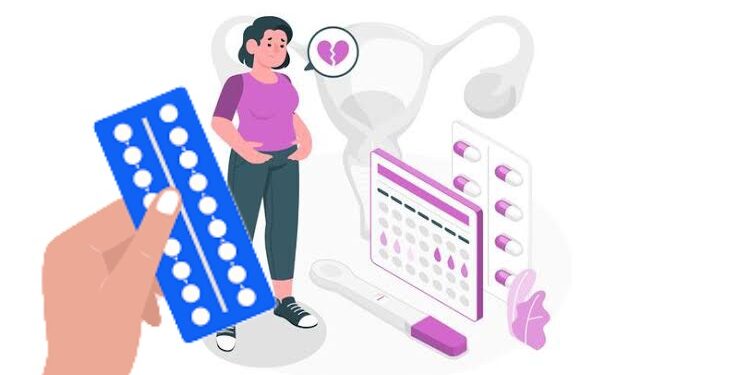If you’ve been on contraceptive pills for years, you might be wondering whether it could affect your ability to conceive later. According to fertility experts, birth control pills do not cause permanent infertility. However, they may delay your fertility’s return, especially after prolonged use.
Doctors explain that while the pill prevents pregnancy while taken, your hormone levels and menstrual cycle usually bounce back once you stop. For women trying to conceive, it’s recommended to stop the pill a few weeks or months before attempting pregnancy to give the body time to adjust.
What Happens After Stopping Birth Control?
Dr. Aashita Jain, a fertility specialist explains, “Prolonged use of birth control pills alone does not cause infertility. In most cases, women’s natural cycles resume within weeks after stopping the pill, and many conceive shortly after. The time it takes for ovulation to restart can vary; for some, it’s almost immediate, while for others, it could take a few months—especially if their cycles were irregular before starting birth control.”
Dr. Megha Garg, another fertility specialist adds, “Oral contraceptives stop ovulation by interrupting the brain-ovary communication. After stopping, most women see their cycles and ovulation return within weeks to three months, regardless of whether they’ve used the pill for a short or long period.”
Potential Effects of Long-Term Pill Use
While the pill itself doesn’t harm fertility, it can sometimes mask underlying reproductive health conditions. For example, disorders like PCOS or endometriosis might not show symptoms while on the pill, and they can become more noticeable after discontinuing it. These conditions could potentially make conception more challenging.
Dr. Jain also points out that hormonal changes caused by the pill might impact fertility markers, such as AMH (Anti-Müllerian Hormone) levels or the antral follicle count. However, these are temporary changes and typically return to normal after stopping birth control.
Preparing for Pregnancy After Birth Control
Experts suggest that women planning to conceive should consider lifestyle modifications like eating a balanced diet, managing stress, maintaining a healthy weight, and avoiding smoking or excessive alcohol to support reproductive health. If conception doesn’t happen after several months or if cycles remain irregular, a fertility test may be needed.
Dr. Jain stresses that the contraceptive pill is an effective and reversible form of birth control for most women, with little impact on long-term fertility. Awareness and proper planning are key to a smooth transition from contraception to conception.
Dr. Garg reassures, “The pill is a safe and effective choice for many women. As long as there are no other fertility issues, using birth control before planning pregnancy won’t reduce the chances of conception later on.”
This article is for informational purposes and not a substitute for medical advice. Always consult with your doctor for personal medical concerns.





























